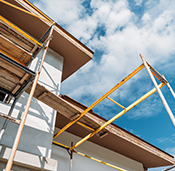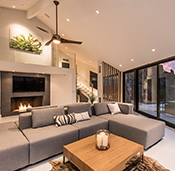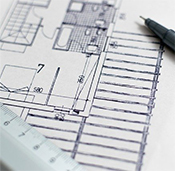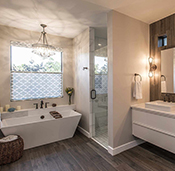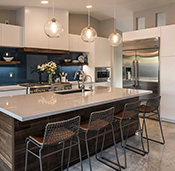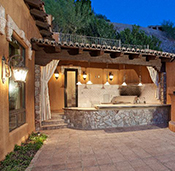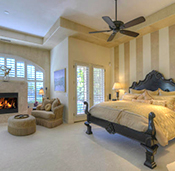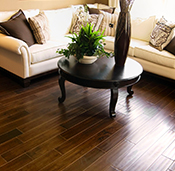Building a house can be quite overwhelming and requires lots of planning and coordination. Not to mention, it is expensive. You will not only be paying for the materials to build your home, but also the labor. Although if you think of the end results, your efforts are worth it. Especially if you’ve been looking forward to building your own home for some time. So, how much money is needed to build a house then? There are so many variables in construction that make it a bit difficult to provide a specific amount that you will need. Nonetheless, we have broken down the costs for you, and you can use this guide to estimate how much you will need to build yourself a home.
Factors Affecting the Cost of Building a House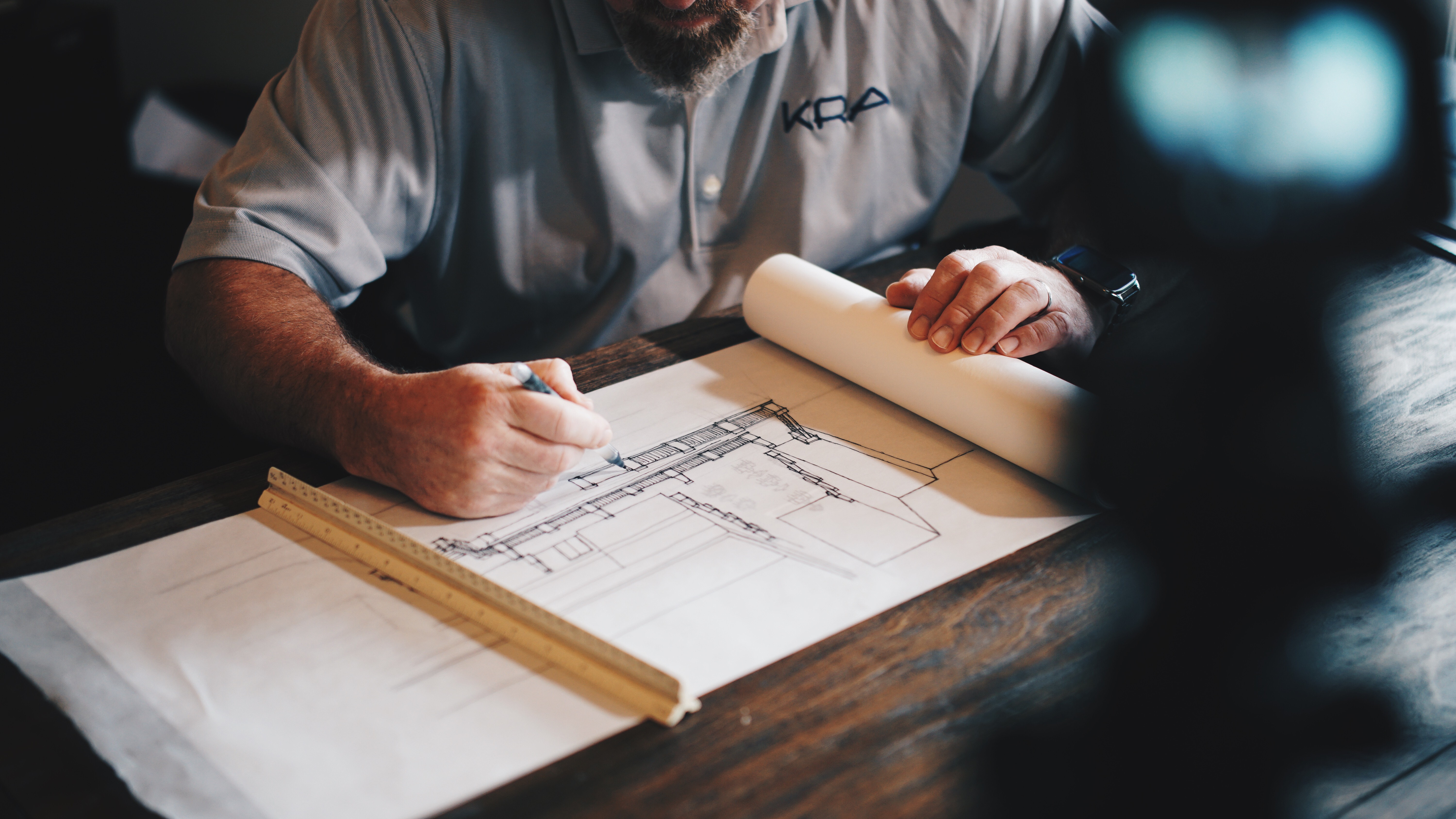
Although the average quoted figure for the cost of constructing a house is between $125 to $150 per square foot, some factors affect how much your house will cost. These factors include:
1. The Geographical Region
The location you are planning to build your house at affects how much you will be paying for the construction. In big cities and on the coasts, life is a bit expensive. Therefore, land and labor will be more expensive in these areas compared to small towns and is important to research as real estate moguls do to find the perfect geographical region that makes sense financially.
2. The Land
The worksite itself influences the overall cost of your house. Consider whether the ground is flat or sloping — because construction in the two will not be the same. After that, think about whether there will be hidden costs. For instance, if the constructors will need to dig up the large boulders under the land, then you will need to dig deeper into your pocket.
3. The Type of House You are Building
Do you want to build a one story or a two-story building? You should know that the prices won’t total to the same amount. It is generally more expensive to construct a two-story building than a one story. That is because more materials will be used and it will require more labor.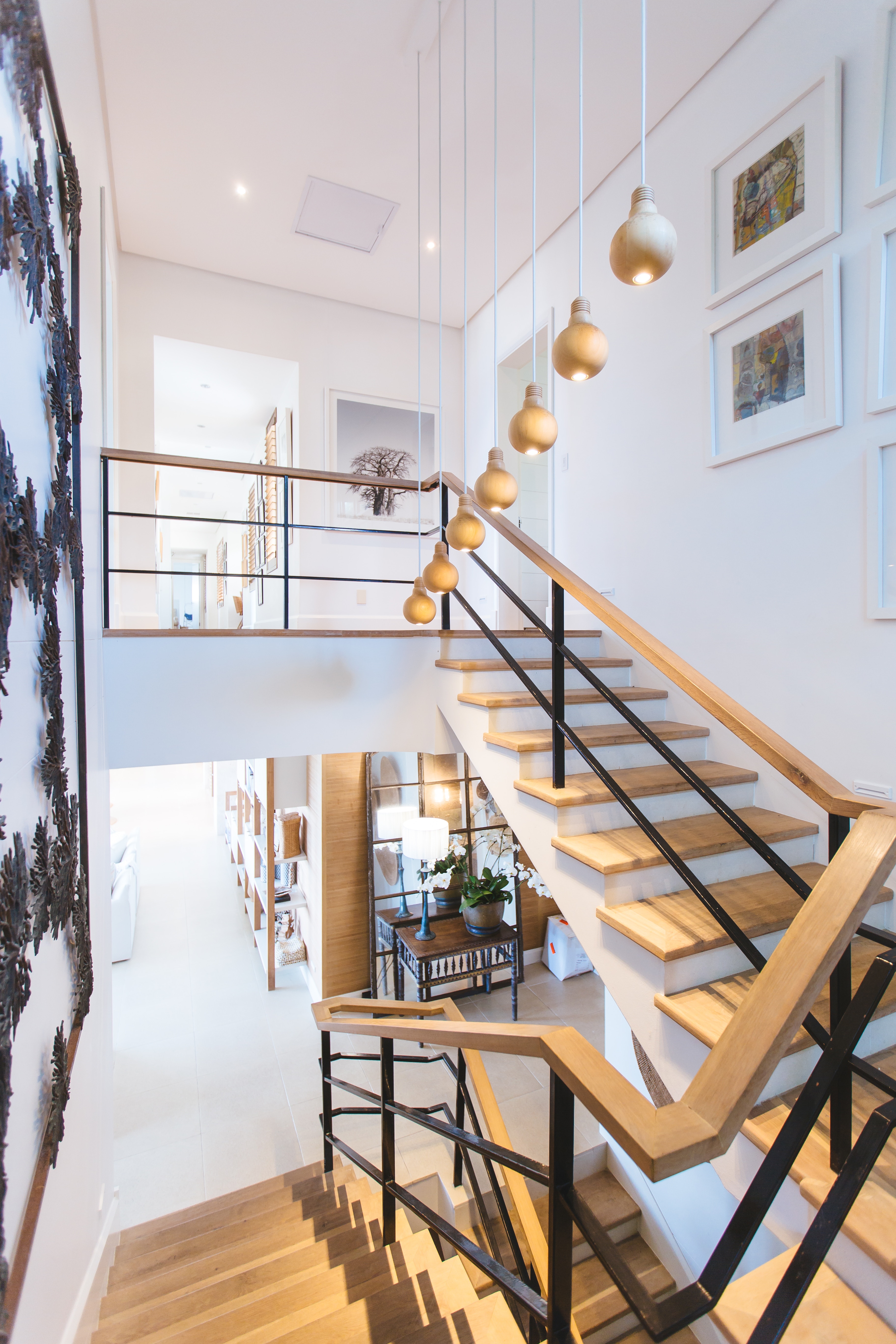
4. The Size of Your House
How big or small you want your home to be, affects how much money you will need for its construction. The more square footage the house covers, the higher the price. Also, many rooms means much more money.
5. Materials Used
Some materials are more expensive than others. Cheap materials mean you won’t use so much as compared to someone who is using expensive material. But no matter the price, the key consideration should be given on the quality of the material.
6. Choosing a Contractor
The type of contractor you choose can have an overall impact on the price of your house and how effective construction project comes out. They vary with the kind of work they do and their charges. It is, therefore, necessary that you get a quote from different contractors and decide which one suits your budgets. Also, when hiring a contractor, remember to ask if they are insured and licensed like luxury home builders at Carmel Home Design Group.
How to Get Estimates for Your House
There are two ways you can estimate how much you will be spending to build your new house:
1. Construction Cost Calculators
You can use these calculators found online to estimate how much you will need. Be aware that the accuracy isn’t spot on, but you should instead use these tools as a ballpark amount. Experts advise that you be aware of the assumptions each calculator makes before you use them.
2. Getting a Custom Quote
Many constructors provide their clients with a custom quote. They are clearer and more accurate. Ensure that all the expenditure is included in the cost before determining your budget.
Bottom Line
So, how much money is needed to build a house? With these factors, you can now figure out and estimate how much you will need to build your dream house. Although you should remember when doing the total cost, to include the budget cushion as equal to 10 or 20 percent of the total project cost because it is unlikely that the construction comes out exactly the way you had envisioned it to be. A budget cushion ensures that you are always covered, should your expenses exceed your budget.



